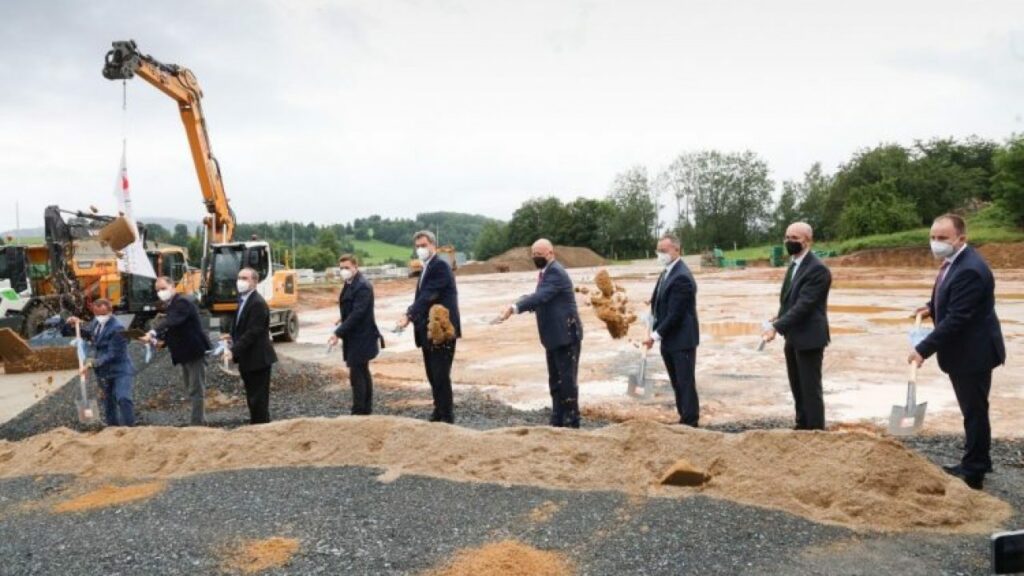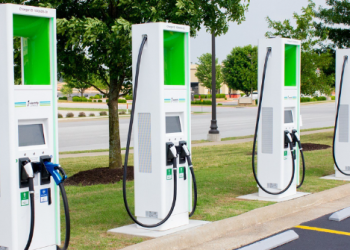European Union advances and regulations for hydrogen utilization have played a key role in the implementation of projects of this kind by large companies.
Siemens, a leading telecommunications company, will launch an ambitious plan to build one of the largest hydrogen generation plants in Wunsiedel, Germany.
A foundation stone laying ceremony was held this week for the 8.75-megawatt facility, which will produce up to 1,350 tons of hydrogen per year using solar energy.
Related content: Volkswagen and Enel X team up to install 3,000 ultra-fast charging points in Italy
The plant will be built in the Wunsiedel Energy Park and will be linked to the existing Siemens battery storage facility and to adjacent industrial companies. These can use waste heat or oxygen released during electrolysis. This networked infrastructure will serve as a model for the entire country.
Joining Forces between Public and Private Sector
An essential factor in the success of these initiatives is the cooperation between national authorities and private companies’ efforts.
The plan to be developed in Germany was attended by Markus Söder, Minister-President of Bavaria, Hubert Aiwanger, Bavarian Minister of Economics, Regional Development and Energy, Thorsten Glauber, Bavarian State Minister for the Environment and Consumer Protection, Professor Ralf P. Thomas, Chief Financial Officer of Siemens, among others.
“The conversion of our energy supply to new climate-neutral sources is one of the main goals. Hydrogen plays a key role in this direction,” said Thomas.
Minister Aiwanger said, “The project is an important contribution for the implementation of Bavaria’s hydrogen strategy. Green hydrogen Made in Bavaria shows national technological expertise and increases acceptance by creating local value.
The building contractor will be Siemens Smart Infrastructure. Siemens Financial Services (SFS), with a 45% stake in the operator WUN H2 GmbH, will be involved in financing the construction. The green hydrogen electrolyzer will also be supplied by Siemens Energy.
Europe’s hydrogen development
European Union has been working hard on regulations that will lead the continent on a climate-neutral road to a cleaner planet. Under the European Green Pact, “The 27” consider essential the renewal of overall energy supply and the creation of a fully integrated system.
They point out that the bloc’s green transition of the economy must be combined with access to clean, affordable and secure energy for businesses and consumers.
The old continent faces a major challenge, since in the last three years its energy production and consumption represented 75% of greenhouse gas emissions, and it still relies on imports for 58% of its energy, mainly oil and gas.
Read also: Story behind building the powerful Odyssey 21, Extreme E’s electric SUV
In July 2020, the Commission proposed a hydrogen strategy, with the objective of accelerating clean hydrogen development, ensuring its role as a cornerstone of a climate-neutral energy system by 2050.
The plant to be built in Germany will not only supply green hydrogen from renewable energy sources, but will also maximize use of the resulting by-products, oxygen and waste heat.
The facility is expected to be operational in 2022.
Written by I Jhonattan González



















